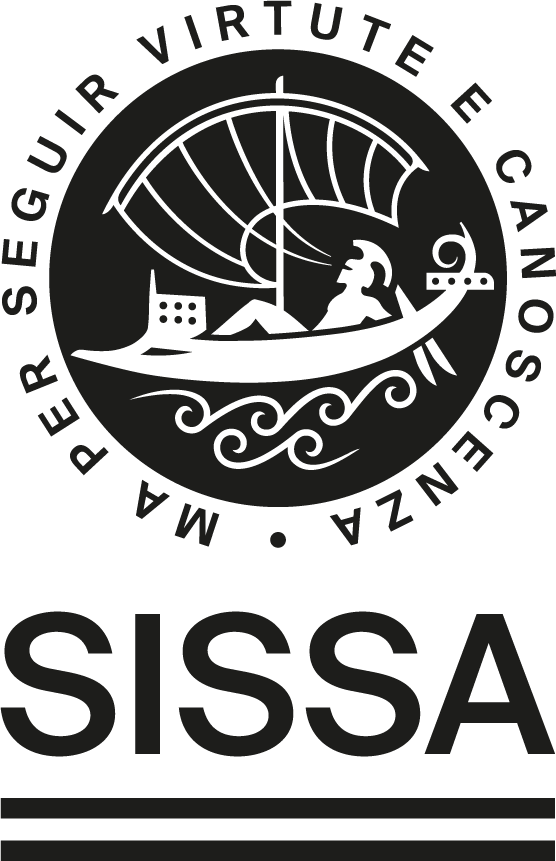The goal of the project between MIT and SISSA mathLab is the improvement of parametric ocean acidification models. We exploit optimal control, non-intrusive techniques, and probabilistic learning to enhance environmental predictions. Moreover, this kind of application needs not only reliable simulations, but they should be fast.
To this end, we propose model order reduction to deal with it.
The project is rooted in marine and coastal environments: a topic of primary relevance for society and economy.
Both the institutions are deeply interested in the topic. For example, SISSA mathLab collaborates with the National Institute of Oceanography and Experimental Geophysics (OGS) and ARPA FVG, the center for the regional environmental safeguard. On the MIT side, the Sea Grant’s mission focuses on the impact of Ocean Acidification on marine ecosystems.
The collaboration between SISSA and MIT proposes to exploit multi-fidelity Gaussian process regression to optimal flow control approach to increase the reliability of the seasonal ocean acidification prediction.
Moreover, they provide data-driven model order reduction to solve the problem in a parametric real-time context.
An enhanced optimal control acidification model avoids expensive and complex in-situ oceanographic data collection. This new model allows a more comprehensive analysis of the temperature and salinity in the Massachusetts Bay since data information is usually scattered, limited, discrete, and heterogeneous. Moreover, model reduction and data-driven analysis are relatively inexpensive and exploitable many times to perform statistical analysis of the problem at hand.




